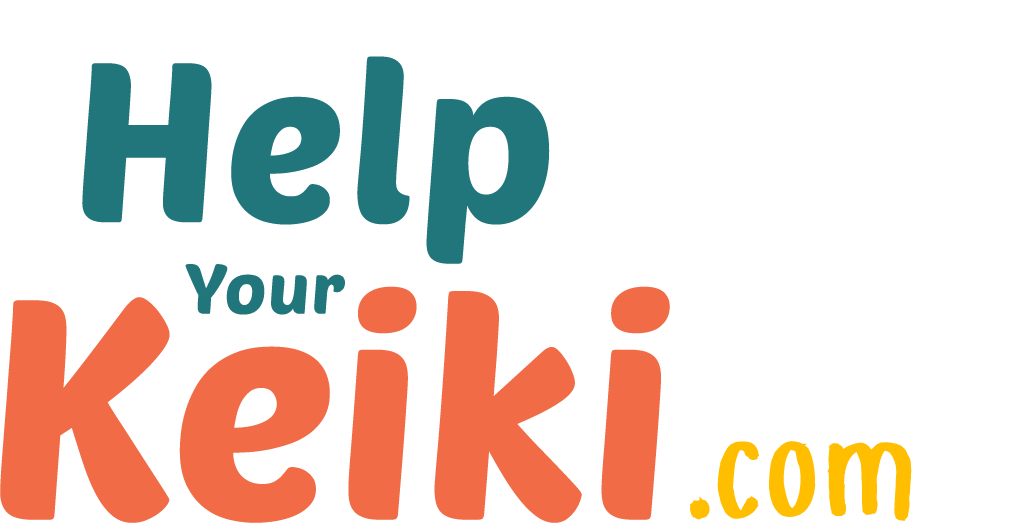Parent Skill Building & Problem Solving
This is an evidence-based therapy to address a child’s or teen’s oppositional, aggressive and anti-social behavior. This two-step process of (1) teaching parents how to support and increase their child’s positive behaviors and (2) teaching their children problem solving skills has shown the BEST SUPPORT in reducing the symptoms of disruptive behavior problems (like Oppositional Defiant Disorder and Conduct Disorder) and GOOD SUPPORT in improving the behavior of children with attentional problems (like Attention Deficit/Hyperactivity Disorder).
What should my child’s therapist be doing?
For Parent Skill Building:
Explaining some basic principles of behavior: the function of a behavior (for example, to get something or to avoid something), how behavior is “triggered” and how negative behavior can be replaced with more desirable behavior through positive or negative reinforcement.
Teaching you the practices or skills needed to better manage your child’s challenging behavior. The teaching sessions usually combine discussion, modeling by the therapist, role playing, and direct practice with your child. Key skills include:
Defining and targeting behavior(s) you would like to change,
Tracking and recording the negative behaviors you would like to decrease, as well as positive behaviors you would like to increase,
Providing positive reinforcement for good behavior,
Removing rewards for problem behavior or punishing unwanted behavior (through time-outs, loss of privileges, etc.),
Teaching your child new skills to replace negative behaviors (like learning to ask for a break when frustrated, rather than having a tantrum).
For Problem Solving:
Explaining the rationale behind the use of problem solving before beginning
Teaching your child or teenager how to approach and solve problems. This generally involves a multi-step process that includes:
Clearly defining the problem
Coming up with possible solution
Looking at each solution for its benefits and costs
Trying out a solution
Measuring how effective the solution was in addressing the problem
What should I be doing?
Consistently using the behavior management skills practiced in the therapy sessions at home when your child’s negative behavior you have targeted occurs;
Looking for opportunities to reinforce your child’s good behavior through praise or small rewards;
Building up your confidence by starting with simple problems (like asking your child to complete a chore) before tackling harder problem behaviors (like fighting or skipping school);
Using appropriate punishment (time-outs, loss of privileges, etc.) when needed rather than spanking;
Helping your child find opportunities to utilize their problem solving skills;
Praising your child in their attempts to practice problem solving;
Asking questions of your child’s therapist as needed. If you are not comfortable asking the therapist questions, you can first talk things over with a friend or relative, or talk with someone from a parent support group. They can hopefully help you feel more comfortable about approaching the therapist.
How will I know if it is working?
You child’s behavior will improve, you will feel more confident about your parenting skills, and your child will increase the use of their problem solving skills.
Often parents report that their relationship with their child has gotten more positive after Parent Skill Building and Problem Solving.





















